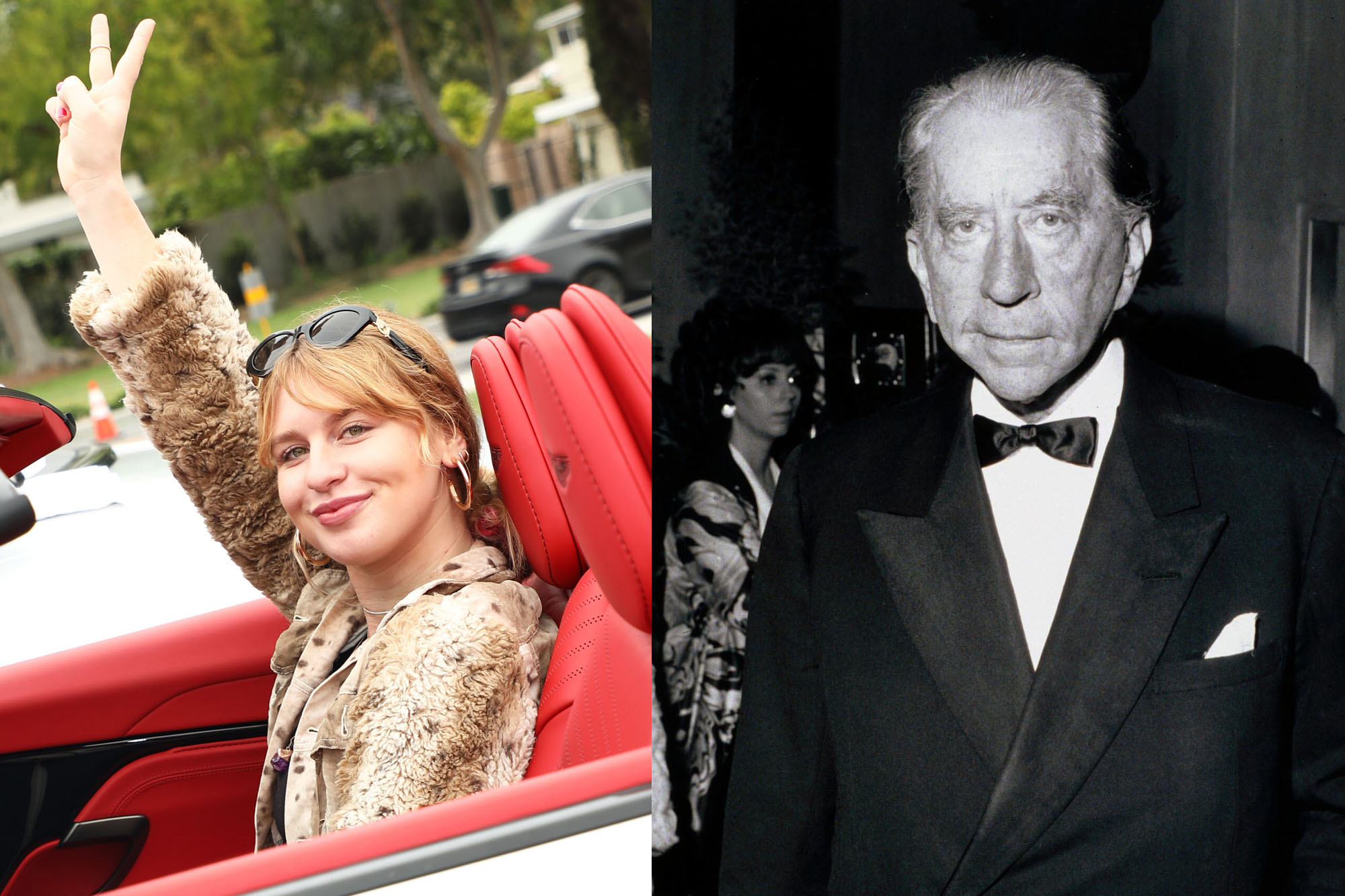Paul Getty, an iconic figure in the world of art, culture, and wealth, has a net worth that has fascinated many. As one of the richest men of his time, Getty's financial empire has become a subject of extensive analysis and intrigue. In this article, we will delve deep into the life of Paul Getty, exploring his net worth, the sources of his wealth, and the legacy he left behind.
Born into a family with a strong entrepreneurial spirit, Getty's journey to becoming a billionaire is filled with both triumphs and challenges. His ventures in the oil industry, along with strategic investments, played a pivotal role in building his financial empire. However, his life was not just about accumulating wealth; it was also about art, philanthropy, and family complexities.
Join us as we uncover the layers of Paul Getty's net worth, examining the factors that contributed to his financial success and how his legacy continues to impact the world today. We will provide insights, data, and expert opinions to offer a comprehensive understanding of this remarkable individual.
Table of Contents
- Biography of Paul Getty
- Early Life and Background
- Career and Major Achievements
- Paul Getty's Net Worth
- Sources of Income
- Getty's Legacy and Philanthropy
- Conclusion
- References
Biography of Paul Getty
Paul Getty was born on April 15, 1892, in Minneapolis, Minnesota. He was the son of George Franklin Getty, a successful oilman, and Sarah C. Getty. His upbringing in a wealthy family instilled in him a strong work ethic and a passion for business.
| Date of Birth | April 15, 1892 |
|---|---|
| Date of Death | June 6, 1976 |
| Occupation | Oilman, Philanthropist, Art Collector |
| Net Worth at Death | Estimated $2 billion |
Early Life and Background
Getty's early life was marked by privilege and education. He attended the prestigious Harvard University, where he studied economics. His formative years were crucial in shaping his entrepreneurial mindset, leading him to enter the oil business.
Career and Major Achievements
Getty started his career in the oil industry in the early 1900s, following in his father's footsteps. He founded the Getty Oil Company, which became hugely successful. His strategic moves, including acquiring oil fields in California and Texas, helped him amass considerable wealth.
- Established the Getty Oil Company in 1942.
- Acquired large oil reserves in the U.S. and abroad.
- Expanded his investments into art and real estate.
Paul Getty's Net Worth
At the time of his death in 1976, Paul Getty's net worth was estimated at around $2 billion, making him one of the richest individuals in the world. His wealth was primarily derived from his oil ventures, which continued to grow even after his passing.
Factors Contributing to Getty's Wealth
Several factors contributed to Getty's substantial wealth:
- Early investments in oil exploration.
- A keen sense for business opportunities.
- Diversification into art and real estate.
Sources of Income
Paul Getty's sources of income were diverse, which played a significant role in sustaining his wealth:
- Oil Industry: Getty's primary source of income came from his oil fields.
- Investments: He invested in various businesses and properties.
- Art Collection: Getty was an avid art collector, which also became a source of income through exhibitions.
Getty's Legacy and Philanthropy
Beyond his wealth, Paul Getty left a lasting legacy in the fields of art and philanthropy. He established the Getty Trust, which supports various artistic and educational initiatives.
Impact on Arts and Culture
Getty's passion for art led him to create the Getty Museum, which houses an extensive collection of art and artifacts. His contributions to the arts have had a profound impact on culture and education.
Conclusion
In summary, Paul Getty's net worth and legacy are testaments to his entrepreneurial spirit and passion for art. His journey from a wealthy upbringing to becoming a billionaire oil magnate is both inspiring and informative. We encourage readers to reflect on the lessons from Getty's life and explore how wealth can be used for the greater good.
We invite you to leave your thoughts in the comments below, share this article with others, and explore more about influential figures like Paul Getty.
References
Article Recommendations


